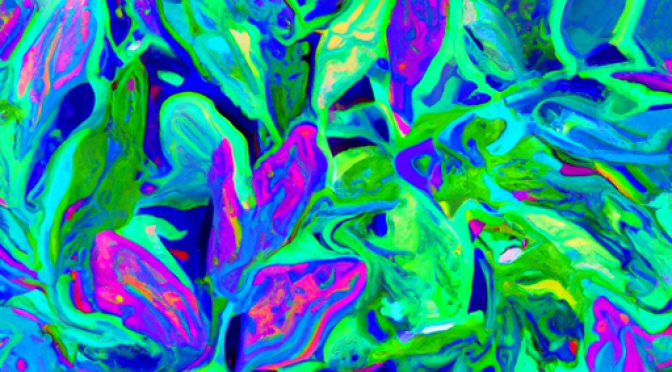Introduction
Organic farming practices prioritize the use of natural methods for pest control, avoiding the use of synthetic pesticides. However, pest management remains a significant challenge for organic crop producers. Fortunately, advancements in artificial intelligence (AI) have opened up new possibilities for pest detection and natural pest management in organic farming. This article explores how AI-driven tools can assist in these areas.
Pest Detection
Pest detection is crucial for effective pest management in organic crops. AI-driven tools can play a vital role in this process by analyzing various data sources to identify and monitor pest populations. These tools utilize machine learning algorithms to process large amounts of data, including satellite imagery, weather patterns, and pest behavior data.
Remote Sensing
Remote sensing technologies, such as satellite imagery and drones, can provide valuable insights into pest infestations. AI algorithms can analyze these images to detect changes in crop health, identify pest hotspots, and predict potential pest outbreaks. By continuously monitoring the fields, farmers can take proactive measures to prevent pest damage.
Automated Pest Traps
AI-driven automated pest traps are equipped with sensors and cameras that can detect and identify pests in real-time. These traps use image recognition algorithms to differentiate between beneficial insects and harmful pests. By collecting data on pest populations, farmers can make informed decisions about pest control strategies, reducing the need for broad-spectrum pesticides.
Natural Pest Management
Organic farmers rely on natural methods to manage pests without synthetic pesticides. AI-driven tools can enhance these natural pest management techniques by providing real-time insights and recommendations.
Biological Control
Biological control involves using natural enemies of pests, such as predators or parasites, to control their populations. AI can assist in identifying the most effective biological control agents for specific pests. By analyzing data on pest behavior and natural enemy interactions, AI algorithms can recommend the optimal release times and locations for these beneficial organisms.
Crop Rotation and Companion Planting
Crop rotation and companion planting are traditional methods used to disrupt pest life cycles and enhance biodiversity. AI can analyze historical data on crop performance and pest infestations to optimize crop rotation schedules. By considering factors such as pest susceptibility and nutrient requirements, AI-driven tools can suggest the most effective crop combinations for companion planting.
Conclusion
AI-driven tools offer significant potential in assisting with pest detection and natural pest management in organic crops. By leveraging the power of AI, farmers can make data-driven decisions, reduce pesticide usage, and enhance the overall sustainability of organic farming practices. As technology continues to advance, the integration of AI in organic agriculture will likely become even more prevalent, revolutionizing pest management in the years to come.

